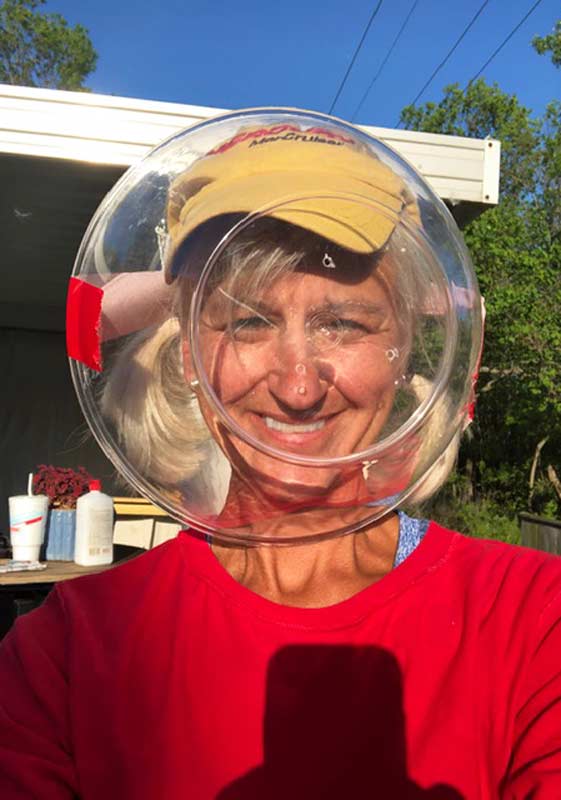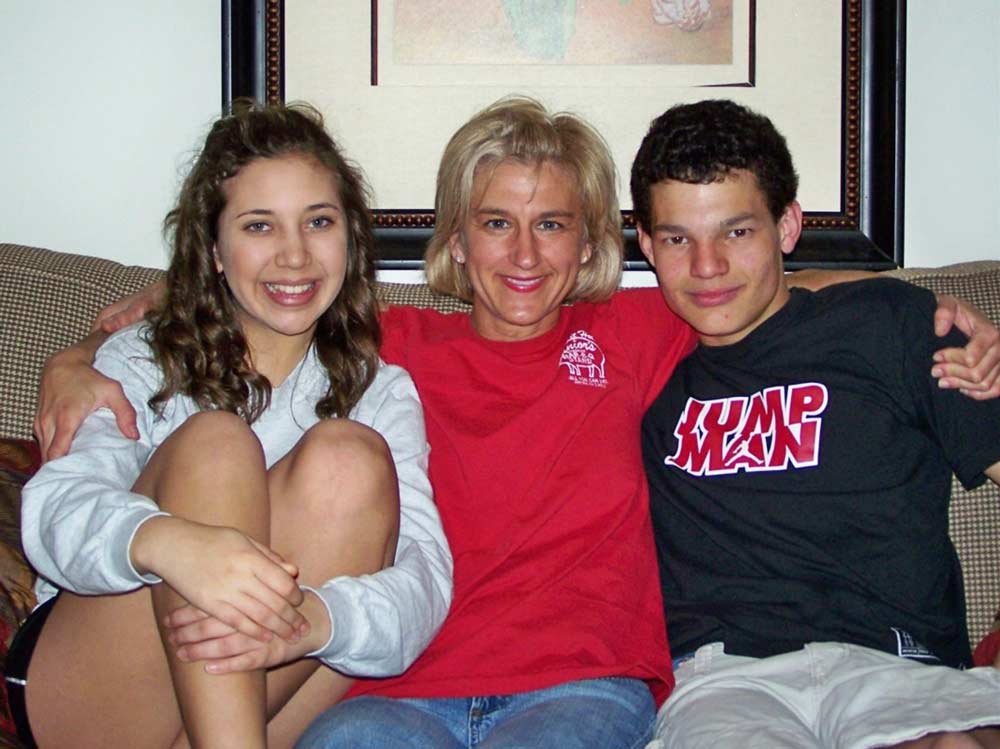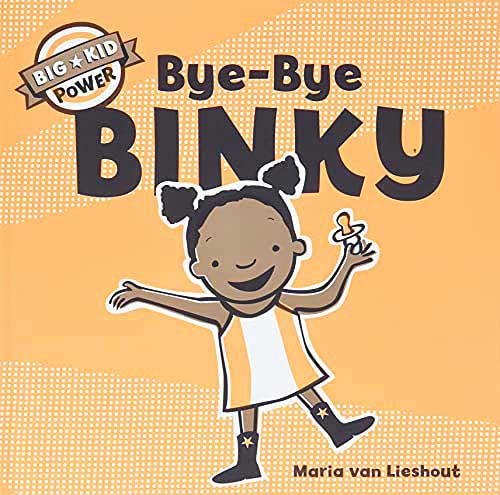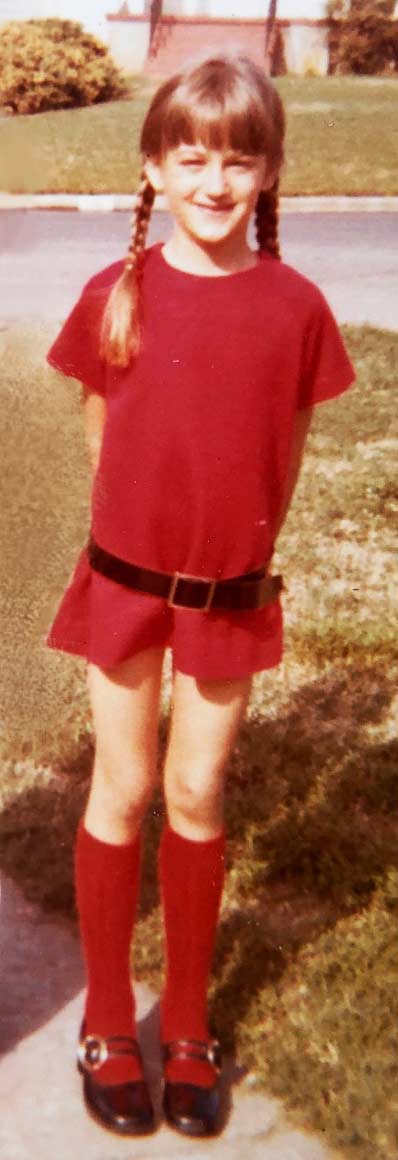
Welcome To
DANA'S WORLD
A Candid Look at Life, Love, and the Pursuit of Alone-Time with Caregiver and Elder Exercise Instructor, Dana Brock
Part 3:
WE'RE ALL SO DIFFERENT
On Children & Parenting
RALPH: Okay Dana, let’s talk about your family. You have two grown children that you adopted and raised in Kansas, right? Do you have any pearls of wisdom about children or parenting?
DANA: I guess if I have any advice for new parents, it would be to set up some good routines for your kids to help them to feel secure. With my kids, for instance, we had family dinner around 6:00, then 7:00 was bath time, and 9:00 was story time, and 9:30 was lights out and bedtime. That routine worked well for us, but I think it’s important to adapt to individual needs, too. My daughter, for instance, screamed and cried until she was about six months old. I think it was because she was sensitive to sounds and other stimuli—so much so that if I brought her into a room full of people, she’d immediately feel the energy of that crowd and freak out. So to troubleshoot that, I’d put a blanket over her head before entering a room full of people, just to shield her from the commotion and help her to feel safe.

Dana with her kids, 2009
Cultivating independence, that’s another big part of parenting. Children need to learn to entertain themselves, of course, but along with this, they need to learn how to comfort themselves. There are countless ways to help them with this as a parent. When my kids were small, my husband and I would sit in the hallway just outside their bedrooms after putting them downfor the night. That way, the kids could hear our voices outside the door, and they’d know we were there. One of us would usually go back in once or twice after they got quiet, and we’d pat them on the bakc and kiss them goodnight as a reward for getting quiet, and then leave again. This was our bedtime ritual for a while until eventually, the bedtime training wheels were off and they were doing it on their own. We also played cassette tapes with bedtime songs on them as part of that nightly routine. My kids loved those tapes, and as I recall, the listened to them for years.
I also think it’s important to start reading to your kids when they’re young, by toddler-age at least, because they don’t have the vocabulary yet to process things and books can fill in some gaps. So let’s say you’re reading an age-appropriae book to your child—once you’ve read that book several times, they’ll know the story and they’ll start to anticipate what’s next. It’s the roy of repetition! Books can also be useful in teaching behaviors. For instance, I used the book, Bye-By Binky, to help my son get ready to let go of his pacifier when it was time. I could have just taken away from him, of course, but that seemed a little abrupt and cruel, and I also wanted the decision to be his. So thanks to the Bye-Bye Binky book, we were able to talk about all those feelings of longing and loss that go with surrendering your pacifier.

It’s a great book, but at the end, they just say farewell to the binky and that’s the end. That seemed a little abrupt to me, so after we read the book several times, I started preparing my son for the change. I’d say, “Ok sweetie, we’re going to say goodbye to the pacifier on Friday,” and I’d make it a big deal about it so that he could think, “I’m gonna be a big boy now!” But when Friday finally came, he really had no idea how hard it was going to be. It was hard for me too, watching him cry and beg for something that I could just give him. But rather than caving in, I’d say something like, “You know what, I’m right here with you. I’m not going anywhere.”

Dana at age 8
Kids are all so different. With my son, for instance, I couldn’t read The Three Little Pigs without him going completely berserk! Honestly, that story with that scary fox would literally throw him into trauma-land. But it wouldn’t bother my daughter at all. Then there’s the personality of my sister’s eldest son—wow, talk about a temper. By age six, he would turn red with rage and frustration if he didn’t hit the ball right. Why? Was there too much pressure coming from his dad or the community? But then my son was just the opposite of that—he just wanted to pick flowers out in left field. It just goes to show you that all these young temperaments require different parenting strategies.
My daughter is in her mid-20s now, but she still holds a silly grudge against her grandma for making her swap her Beanie Baby for a less desirable one that belonged to her cousin. Mary is still bitter about this, and she brings it up periodically. So of course, I have to go back in as a parent and say, “Honey, you received all kinds of gifts from your grandma over the years, and she even gave you three more Beanie Babies after that happened. Why can’t you get over this?” It’s baffling, and of course, what I really wanted to say is: “Oh please, she did that kind of stuff to me all the time as I was growing up—JUST DEAL WITH IT!” Yeah, I didn’t say that because what good would that do? And honestly, when I stop and remember how my kids used to respond to things when they were small, it helps me to understand and accept them for who they are as adults today.